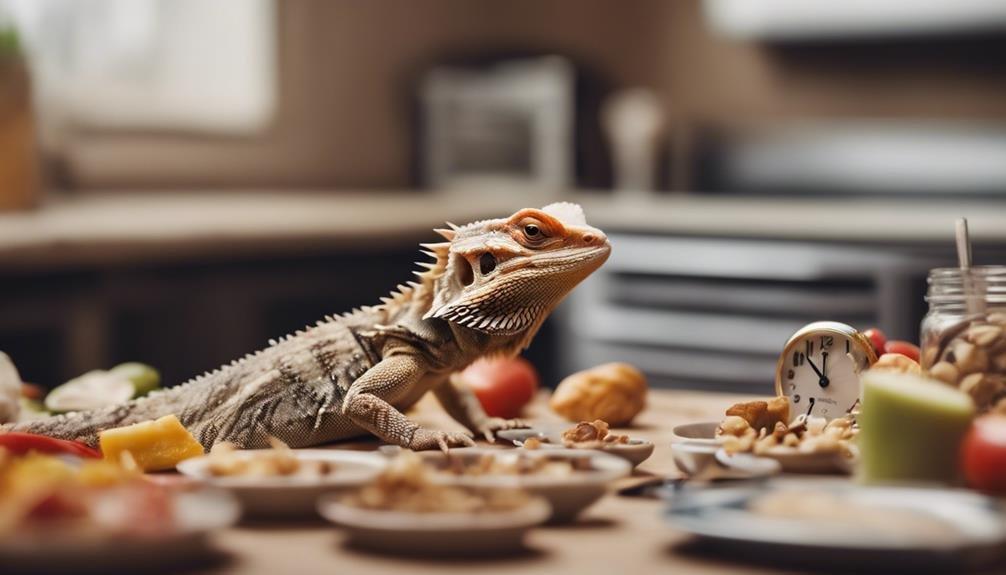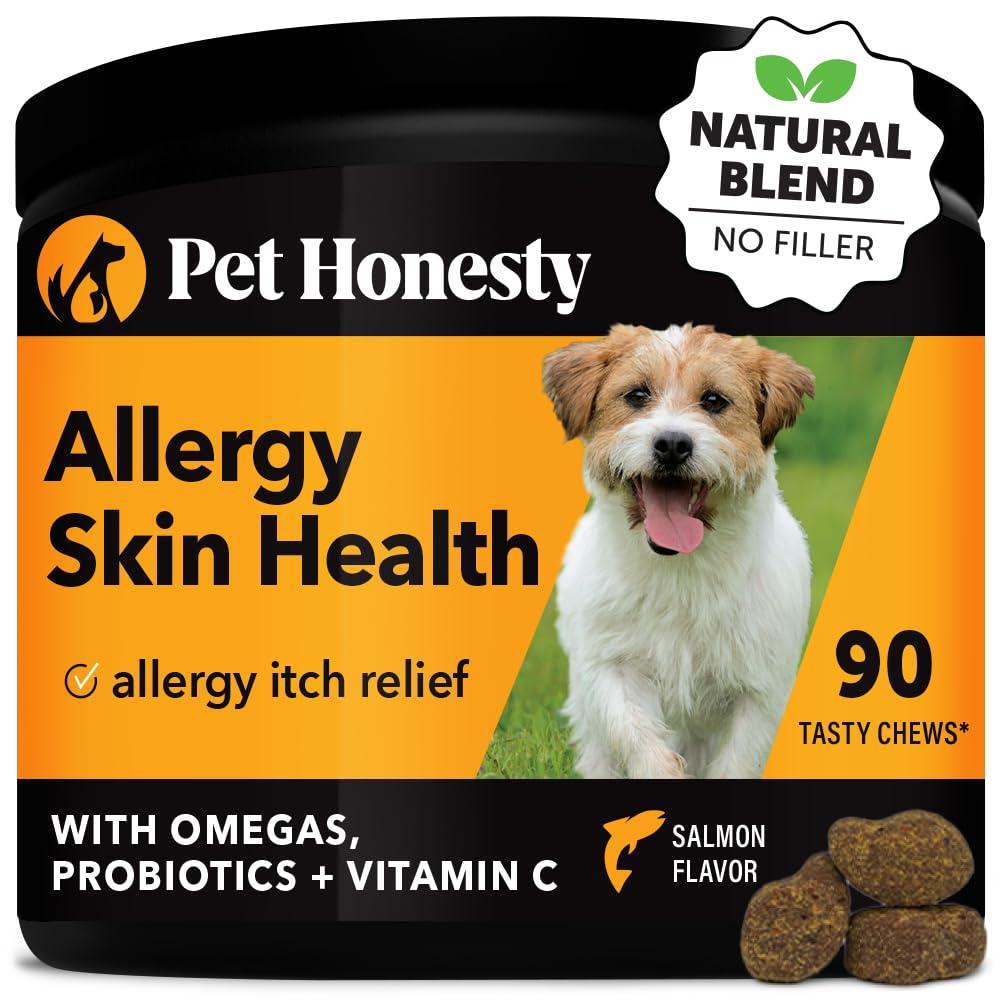In the heart of every pet owner’s journey lies a profound desire to ensure the well-being of their cherished companions. While playtime, grooming, and regular vet visits often top the list of priorities, one vital aspect sometimes slips under the radar: the health of your pet’s skin. Just like humans, our furry friends thrive when their skin is well-nourished and resilient, serving as a robust barrier against the world. In this guide, we delve into the dietary nuances that play a pivotal role in nurturing healthy skin for your pet. With warmth and care, we’ll explore the essential nutrients and food choices that can enhance your pet’s skin health, ensuring they not only look their best but feel their best, too. Join us on this journey to discover how a few thoughtful changes to your pet’s diet can lead to a lifetime of wagging tails and purring contentment.
Understanding Your Pets Skin Needs
Our pets‘ skin is a remarkable barrier that shields them from environmental hazards while playing a crucial role in their overall health. Ensuring your pet’s skin remains healthy involves understanding their unique dietary needs. Incorporating the right nutrients into their diet can significantly impact their skin’s condition. Here are some essential dietary tips to consider:
- Omega-3 and Omega-6 Fatty Acids: These essential fatty acids are vital for maintaining a shiny coat and healthy skin. Consider adding fish oil or flaxseed oil to your pet’s meals to provide these nutrients.
- Protein: High-quality proteins support skin cell regeneration and repair. Ensure your pet’s diet includes lean meats, such as chicken or turkey, or plant-based proteins like lentils and peas.
- Vitamins and Minerals: Vitamins like A, E, and C, along with minerals such as zinc, play a critical role in skin health. Incorporate a variety of vegetables and fruits, like carrots, spinach, and blueberries, into their diet for these benefits.
- Hydration: Adequate water intake is crucial for maintaining skin elasticity and moisture. Always provide fresh, clean water for your pet to keep their skin hydrated.
By focusing on these dietary components, you can help nurture your pet’s skin from the inside out, ensuring they not only look their best but feel their best too.

Incorporating Omega-rich Foods into Their Diet
Enhancing your pet’s diet with omega-rich foods can work wonders for their skin health. These essential fatty acids, particularly Omega-3 and Omega-6, play a crucial role in reducing inflammation, maintaining moisture, and promoting a lustrous coat. Incorporate these nutritional powerhouses by adding small portions of salmon, sardines, or mackerel to their meals. Not only are these fish options rich in Omega-3, but they also provide a delectable treat for your furry friend.
In addition to fish, consider introducing plant-based sources of Omega fatty acids. Flaxseed oil and chia seeds are excellent choices that can easily be sprinkled over your pet’s food. For a more savory option, a touch of walnut oil can add both flavor and nutrition. Here’s a quick list of omega-rich foods you can incorporate into your pet’s diet:
- Fish: Salmon, Sardines, Mackerel
- Oils: Flaxseed Oil, Walnut Oil
- Seeds: Chia Seeds
Remember, moderation is key. Start with small amounts and observe how your pet’s skin and coat respond, gradually adjusting the portions as needed. A consistent intake of these foods can lead to noticeable improvements in their overall skin health and well-being.

Hydration: The Key to a Shiny Coat
One of the simplest yet most effective ways to enhance your pet’s coat health is ensuring they stay well-hydrated. Water is essential not only for their overall health but also for maintaining a glossy, vibrant coat. Hydration helps in transporting nutrients to the skin and fur, which in turn supports a sleek and shiny appearance. Pets that are well-hydrated often have fewer issues with dry skin, which can lead to dull fur and excessive shedding.
To keep your furry friend well-hydrated, consider the following tips:
- Ensure fresh, clean water is always available and within easy reach.
- Incorporate water-rich foods, such as cucumbers or watermelon, into their diet as safe treats.
- Consider wet food options if your pet is not a fan of drinking water.
- Monitor their water intake, especially during hot weather or after exercise.
Keeping these points in mind will help support your pet’s skin health and contribute to a naturally shiny coat.

Avoiding Common Dietary Pitfalls for Skin Health
When it comes to ensuring your pet’s skin is in peak condition, certain dietary habits can inadvertently lead to common pitfalls. Understanding these can help you make better nutritional choices that support your pet’s overall well-being. Here are some crucial considerations:
- Watch Out for Allergens: Just like humans, pets can have food allergies that manifest through skin irritations. Common culprits include grains, soy, and certain proteins. Observing your pet’s reaction to different foods can help identify and eliminate these triggers.
- Avoid Excessive Fats: While fats are essential for a shiny coat, too much can lead to obesity and skin problems. Opt for healthy fats such as those found in fish oil, which are rich in omega-3 fatty acids, known to promote skin health.
- Limit Processed Foods: Highly processed foods can contain additives and preservatives that may harm your pet’s skin. Choose whole, natural ingredients to provide balanced nutrition and reduce the risk of skin issues.
By steering clear of these common dietary mistakes, you’ll be better equipped to keep your pet’s skin healthy and vibrant.

